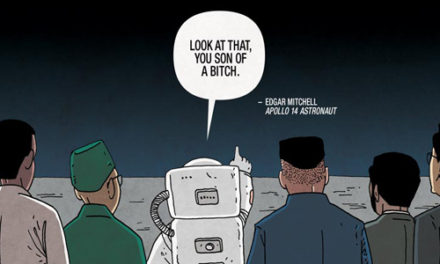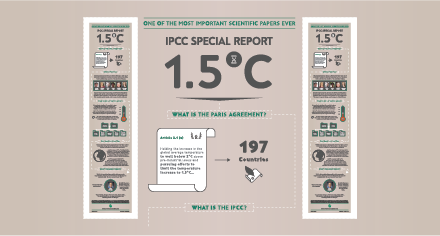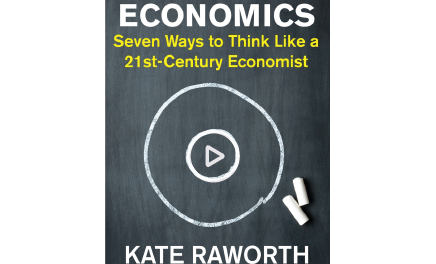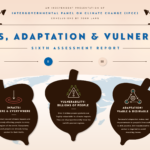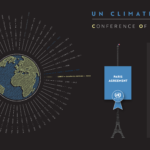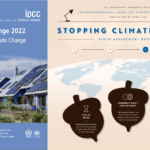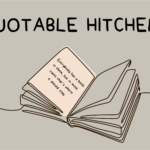We’ve Got A Bone To Pick With The DUP
By John Lang & Alex Beattie
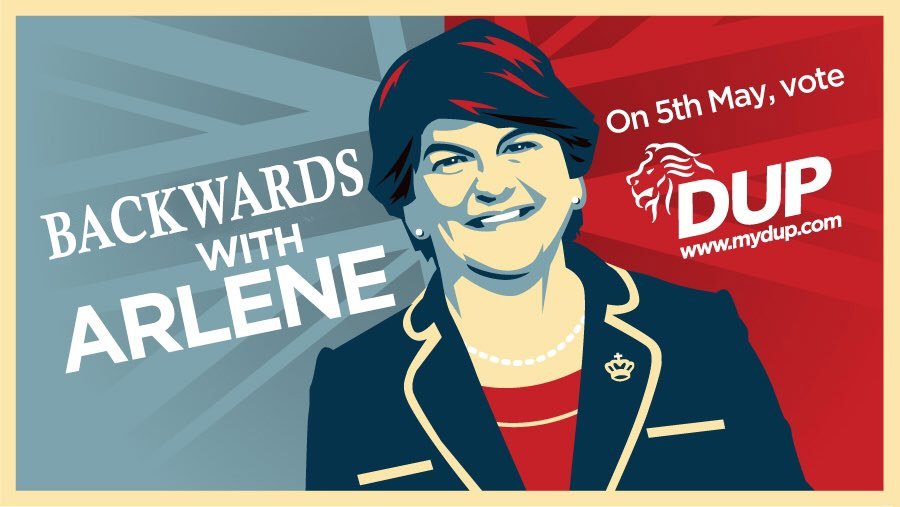
In the wake of Theresa May’s ‘majority’ mess up following the British snap election, a curiously anti-progressive development took place. Faced with a hung parliament, May’s conservative party was forced to form a confidence-and-supply ‘coalition’ government with the socially conservative Democratic Unionists Party (DUP) from Northern Ireland.
This is not just bad news for those Brits who have an interest in progressive politics; it’s bad news for those around the world interested in containing the divisive, anti-scientific agenda of Donald Trump. Besides their medieval policies on abortion, LGBQT rights, and same-sex marriage, the DUP are officially clueless when it comes to understanding our environmental predicament.
We launched the e-nvironmentalist to bring greater attention to our natural and digital spaces. Here’s why the DUP are threats to both.
They don’t believe in climate change
Socially conservative politicians will be with us for a while yet—an important part of any political conversation—but one can only hope science deniers won’t be. In a world exquisitely dependent on science, when politicians still deny science, they deny their ability to be taken seriously. Unfortunately though, they don’t deny their ability to persuade.
Former DUP environmental minister Sammy Wilson—who was was re-elected to the East Antrim constituency by an overwhelming majority—recently described the Paris Agreement as a ‘a delusion … a piece of window dressing for climate chancers’ and climate change itself as a ‘giant con’. Given a ‘con’ is on par with a ‘hoax’, Wilson appears to be just as deluded, or as convinced of his uninformed opinion as Donald Trump. As if to champion Wilson’s position, the DUP’s election manifesto for 2017 didn’t even include the words “environment” or “climate change”. Instead, the party outlined the need to push down the cost of energy bills, which is all very well, but when they (Ok, Sammy Wilson again) are willing to ban UK government adverts that encourage people to cut their carbon emissions—“propaganda” as he’s labeled it—the public are deprived of information they should otherwise be entitled to.
There is, we suppose, still one positive. Like Trump, Wilson and the DUP do have a stretch of water buffering them from Britain, but their influence, like Donald Trump’s, will still need to be guarded closely. And if May’s gutlessly muted reaction to Trump’s decision to pull out of the Paris Agreement is anything to go by, the DUP’s climate influence under May’s leadership will need to be guarded very closely.
Wilson recently said, “in any coalition there is going to be an expectation that it will not come without strings attached…” Yes, it may be true the DUP’s influence is unlikely to impinge on legislative bedrocks like climate change (the UK Climate Change Act has been argued to have constitutional character), history constantly reminds us: emboldening previously fringe politicians can often prove costly to society in the long run.
They think Netflix is the news
The DUP may deny that changes are occurring in our natural environment, but they’re all for transforming our digital one. In their manifesto, they outline their intention to ‘reform’ the BBC:
“The TV licence fee is a highly regressive tax which was designed for a different era and a world of communication that no longer exists. The success of Netflix and Amazon streaming services shows that subscription based media can and does work.”
Don’t believe a word of this: it’s a thinly veiled statement with the surreptitious aim to undermine one of the last bastions of public interest journalism. The DUP want to freeze BBC funding because they perceive the state broadcaster to have a ‘liberal agenda’ – a ‘bias’ that calls out their out-of-touch, homophobic view on the world.
Of course, the BBC is nowhere near perfect. Like any news organisation it can get the facts wrong, and is guilty of throwing shade at policies or politicians it doesn’t agree with (ironically one being Labour leader Jeremy Corbyn).
But the reason why the BBC is important, is because it’s accessible to all Brits, seeing them as citizens, instead of consumers. Segments are produced with the aim to inform, rather than entertain. Commercial media has completely lost sight of this principle, sacrificing it for the more financially beneficial goal of creating spectacle. It’s commercial exploitation of the truth and it’s crippling democracy.
Yet, the DUP believes public interest journalism is regressive because of ‘Netflix’. In their eyes, House of Cards and the news are the same thing: a show to generate ratings. The only thing outdated is a view that believes the news – like sneakers or chocolate bars – should be packaged to elicit emotion and prey upon impulses and biases.
Blind to market failures
Will the DUP demand Theresa May reform the BBC or make sweeping changes to the 2008 Climate Change Act? For now it remains unlikely, but one thing’s more insidious: their coalition reinforces a deep-seated and backward view that threatens the safeguarding of our natural and digital environments.
Representing a kind of 1980s neoliberalism, this worldview looks beyond market economies to envisage market societies, where individuals always make rational choices, despite decades of behavioural science suggesting the opposite. It’s also totally blind to any market failures.
Two of which are climate change and the news.
